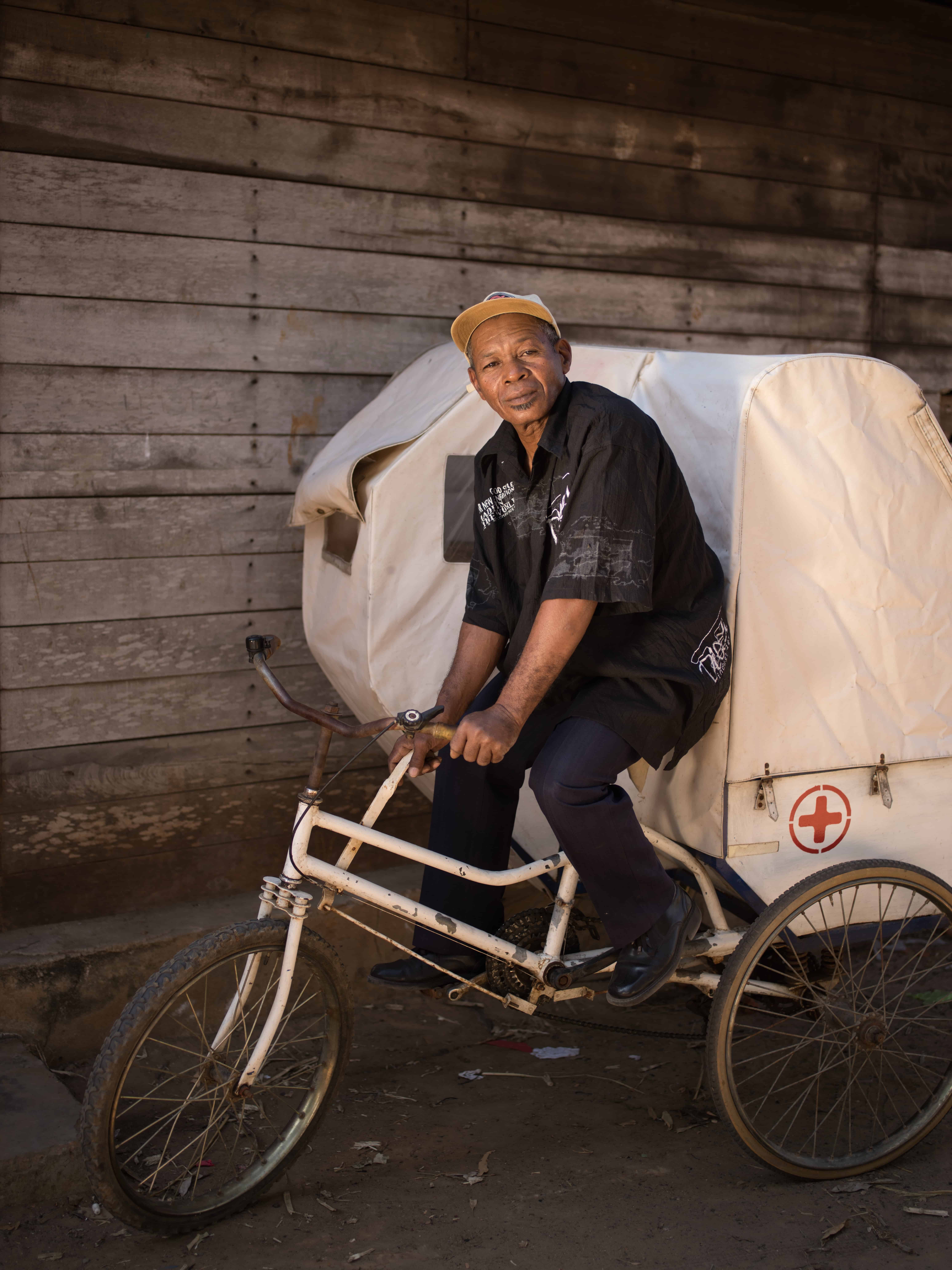This website uses cookies so that we can provide you with the best user experience possible. Cookie information is stored in your browser and performs functions such as recognizing you when you return to our website and helping our team to understand which sections of the website you find most interesting and useful.
Like many nations, Madagascar is prioritizing universal health coverage (UHC) by working to provide the population with access to quality health services and to reduce the cost of care. While progress has been slow so far, consistent health gains from programs working at the lowest level of the health system are the key to Madagascar reaching its long-term UHC goals.
One of these programs, the JSI-implemented USAID Community Capacity for Health Program, reaches a population of 6.1 million people in 34 districts in the regions of Analanjirofo, Boeny, DIANA, Melaky, Menabe, SAVA, and Sofia. Locally known as Mahefa Miaraka, the Program is an integrated community health initiative that works to reduce maternal, newborn, and child and adolescent morbidity and mortality by strengthening community health service delivery and management, and increasing use of healthy home behaviors.
The words “mahefa miaraka” translate loosely to “together we are capable” in English. These inspiring words aren’t just a title — they encompass the Program’s approach to improving community health, empowering communities, and working towards ensuring all malagasy people can access the health care they need.
By partnering with community members, locally elected officials, health care providers, and the Ministry of Public Health, Mahefa Miaraka supports each of the three elements of universal health coverage: 1) health care access, 2) quality, and 3) affordability.
ACCESS
Over the last two years, Mahefa Miaraka has increased community access to quality health services by training and equipping nearly 10,000 community health volunteers to provide basic health services in the areas of maternal, neonatal, and child health; family planning and reproductive health; malaria prevention and treatment; water, sanitation and hygiene promotion; and improved nutrition.
In addition, Mahefa Miaraka supports community transport solutions for medical emergencies by working with communities to develop and use emergency transport plans, train transport drivers, and repair vehicles.

As a result of CHV support, around 848,000 children under 5 and nearly 317,000 women of reproductive age have received essential health services since the Program began.
QUALITY
The program has strengthened the quality of community health services by forging stronger links and mentorship between almost 10,000 CHVs and 732 primary health care centers.
Through regular supportive supervision, monthly meetings, and trainings, CHVs improve their skills, gather new information, and are able to even more effectively serve their communities. Mahefa Miaraka also provides basic equipment, a starter supply of medicines and contraceptives, and ensures linkages to community depots for resupply.
During the last quarter, 3,286 CHVs received supportive supervision visits from the Program and/or the Ministry of Public Health to ensure the quality of their care and strengthen their skills.
AFFORDABILITY
Mahefa Miaraka supports health services by working alongside community-based microinsurance groups, known as Mutuelles de Santé, through which 19,646 people have the ability to access affordable health care.
These mutual health funds aim to: facilitate access to quality care and on time, reduce the cost and duration of seeking care, sensitize members to use health facilities, and empower the community to financially support its members’ health. Currently, 100% of mutual health funds cover the health needs of its members and 17% of mutuals received additional funds from income generating activities called Enterprise Boxes (e-Box).
E-Box cooperatives consists of workshops selling and repairing second-hand bicycles. The e-Boxes aim to provide sustainable financial motivation to cooperative members, develop the commitment of community actors through their contribution to mutuelle de santes, and respond to the local transportation needs of the local population
By strengthening health services at the community level, Mahefa Miaraka supports the Government of Madagascar’s long-term goal of universal health coverage. If the health system has a strong foundation at the lowest level and can successfully serve rural, hard-to-reach communities well, each subsequent level of the system will grow stronger.
While progress towards this goal may may be a long-term effort, Mahefa Miaraka and its community partners will continue moving forward, together.

